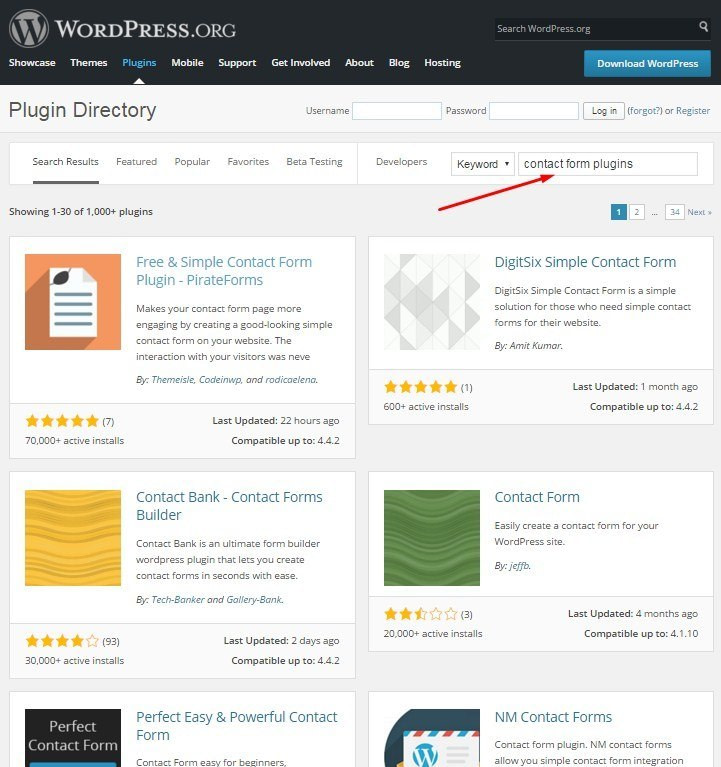We all love WordPress plugins and make use of them all the time. They ease our work considerably. But not all plugins are efficient. Some can cause delays, or even damage. We’re talking about slow WordPress plugins of course.
That’s why you should be really careful when installing a new plugin on your WordPress site. Sometimes, as much as they can help your site, they can also harm your site.
In this post we’re going to show you how to test your WordPress site for slow plugins, then we’ll review how to look for better alternatives.
Let’s get started!
How to test for slow WordPress plugins
One of the easiest ways to test the performance of your WordPress plugins and identify which ones are slowing your site down is to use a free plugin called Code Profiler:
Code Profiler is a powerful WordPress plugin designed to assess the performance of plugins and themes on your WordPress site at the PHP level. Its primary function is to identify any potential issues that might be slowing down your site, which of course includes plugins.
By utilizing Code Profiler, you can gain a deeper understanding of both the frontend and backend of your WordPress site. The plugin will not only tell you which slow WordPress plugins are affecting your site’s performance, but it’ll also analyze custom URLs or even specific processes like checkout procedures, or AJAX actions.
The plugin is free, but does offer a premium version starting at $59 per year, which allows you to use it on up to ten websites.
How to use Code Profiler
To utilize Code Profiler, begin by installing and activating the plugin on your WordPress site. Once activated, you can easily access the Code Profiler dashboard via the WordPress admin panel, allowing you to initiate the analysis.
As mentioned, the dashboard offers various options for analyzing your site, including analyzing plugins and themes, evaluating custom URLs, and assessing custom payloads.
The reports generated by Code Profiler are comprehensive and furnish in-depth insights into your site’s performance. These reports encompass crucial metrics such as execution time, memory usage, and database queries.
By thoroughly analyzing the generated reports, you can effortlessly identify the slow WordPress plugins that are harming your site’s performance. Armed with this information, you can take the necessary steps to replace them and get your site back on track.
We’ll talk about that next…
When a WordPress plugin is slow, look for alternatives
If you’ve discovered that a certain plugin weighs a lot more than you’d wish, you can remove it and start looking for a faster alternative.
The first place to go is WordPress.org plugin repository. There, you can look for various plugin categories and purposes.
For instance, I typed in “contact form plugins,” and a long list of plugins popped up:

By the way, you can do the same thing without leaving your WordPress dashboard. Click on Plugins in your dashboard menu, then Add New, and then write what type of plugin you are looking for. The same page from WordPress.org will appear right in your admin interface:

As you can see, a lot of alternatives are available when it comes to contact form plugins (or any other type of plugin, for that matter).
Test and compare
I’m going to do some tests to show you a concrete example of how the whole process can be done.
The tests were performed on WordPress version 4.4.2 running the Twenty Fifteen theme.
Since we talked about contact form plugins, let’s compare:
- Contact Form 7 – probably the most popular on the market,
- WPForms – a popular forms plugin, and
- Contact Bank – one of the most reviewed plugins on WordPress.org.
I deactivated all my other plugins and kept only these three to make the test clearer.
It seems that Contact Form 7 is the slowest WordPress plugin here, while Pirate Forms and Contact Bank load way quicker.
The same goes for SEO plugins…
I typed in “SEO plugin” in the search form, and selected three plugins for my tests. We have:
- Yoast SEO – the most popular WordPress SEO plugin,
- All in One SEO Pack, and
- SEO by Squirrly.
And here are the results:

Once again, the most popular plugin seems to be the slowest. In fact, it occupies half of the entire load time.
Final thoughts on checking slow WordPress plugins
In conclusion, testing your WordPress site to identify slow plugins is a crucial step in optimizing its performance. By using a tool like Code Profiler, you can gain valuable insights into the impact that each of your plugins has on your site’s speed.
This can benefit you in several ways.
First, you can pinpoint specific plugins that are causing slowdowns, allowing you to make informed decisions about whether to keep, replace, or optimize those plugins.
This optimization process can result in significantly faster load times and a smoother user experience for your visitors.
Additionally, understanding which plugins are affecting your site’s performance empowers you to prioritize your optimization efforts. You can focus on the plugins that have the most significant impact, addressing the critical issues first and efficiently allocating your resources.
- Install and activate the Code Profiler plugin
- Run the analysis to identify your slow WordPress plugins
- Use the WordPress repository to search for suitable alternatives
Be honest … do you keep your plugins in check and test their load times regularly?






















Or start the conversation in our Facebook group for WordPress professionals. Find answers, share tips, and get help from other WordPress experts. Join now (it’s free)!